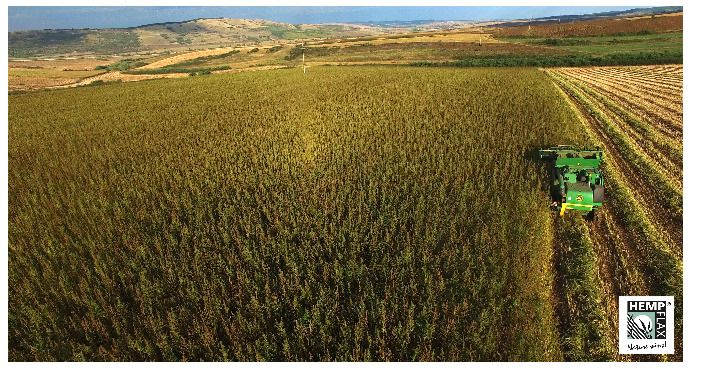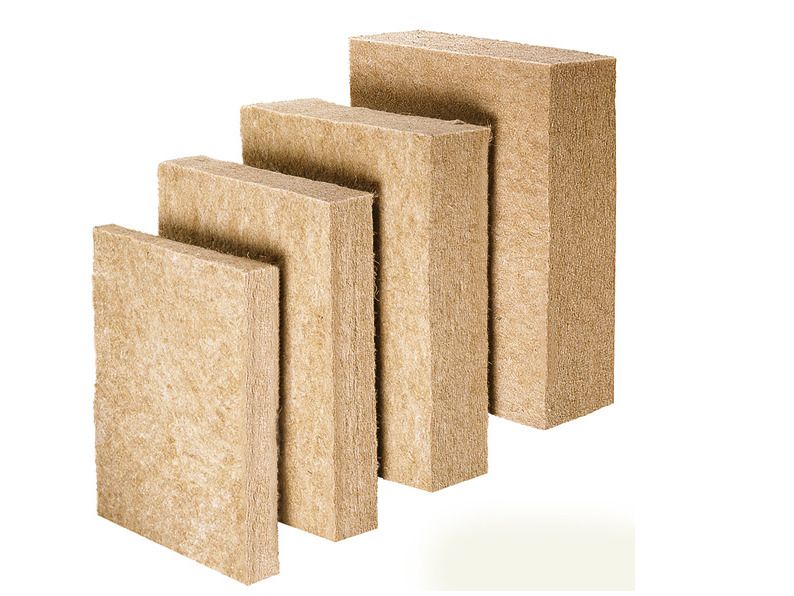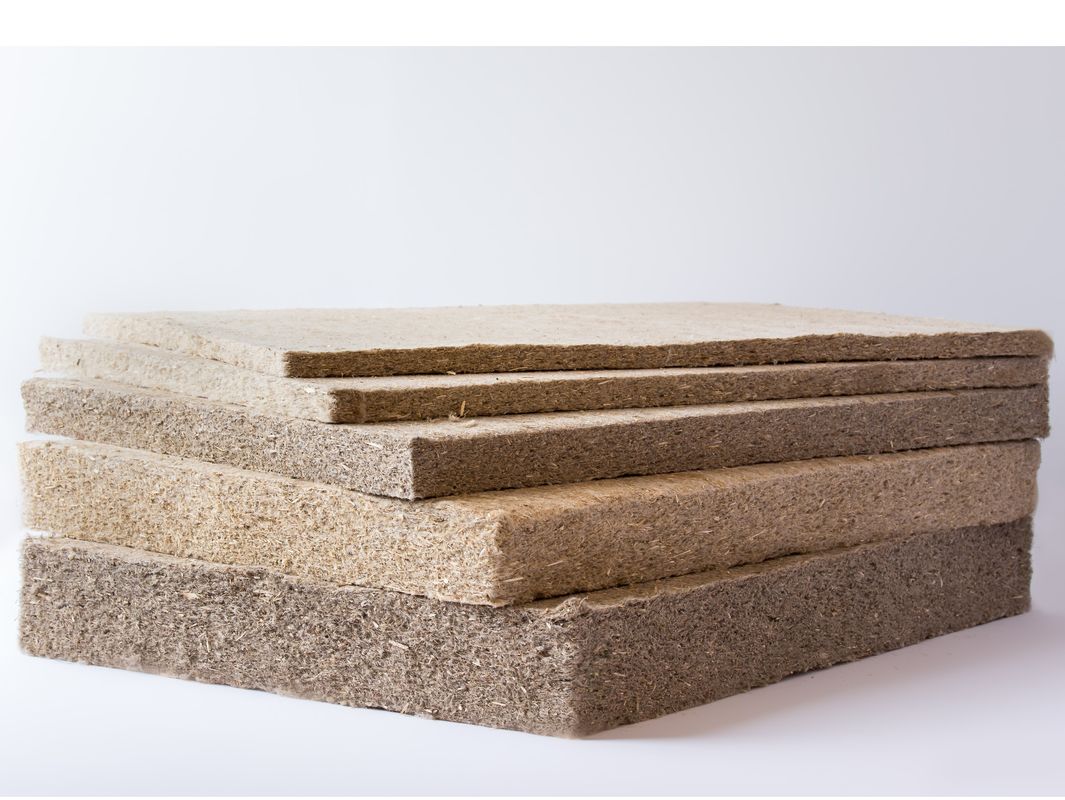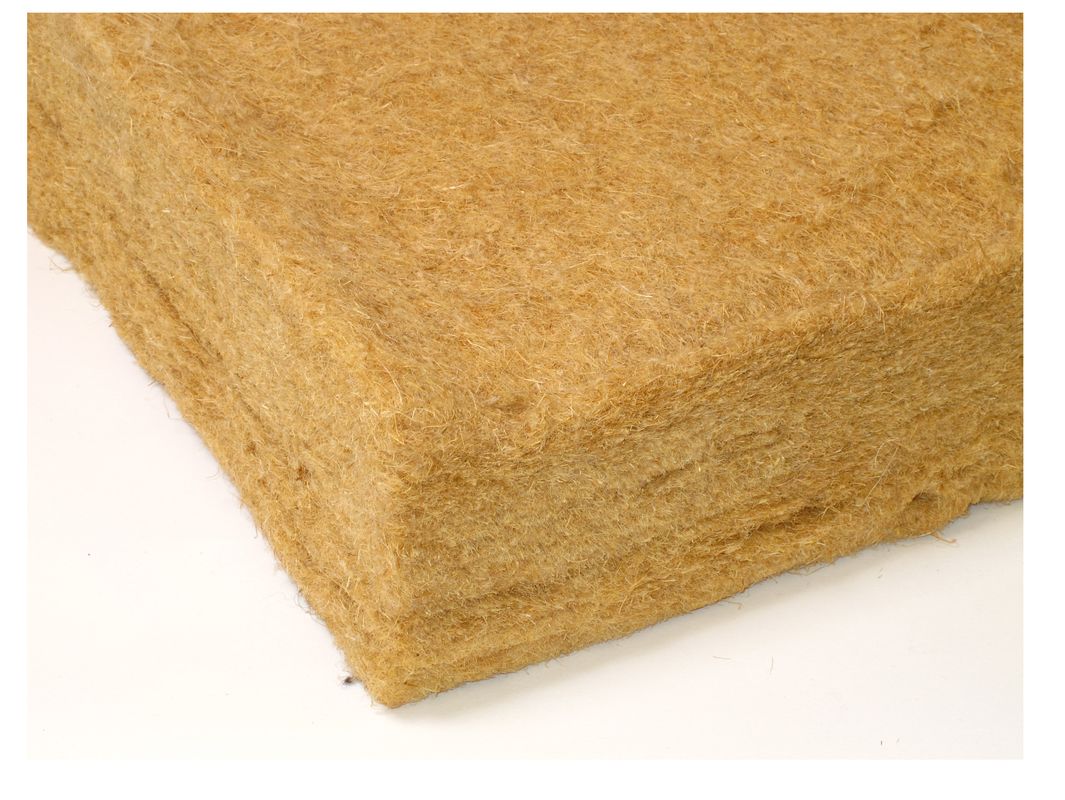HempFlax, Europe’s largest independent industrial hemp grower and processor, today launches its building supplies division following the acquisition of the assets, licencing, brand and certifications of Thermo Natur GmbH & Co. KG (“Thermo-Natur”), a manufacturer of natural fibre insulation materials.
The deal accelerates HempFlax’s strategy to integrate the business and own even more of the value chain. By acquiring Thermo-Natur’s existing operations and product certifications, which would ordinarily take 18 months to obtain, HempFlax is able to operate a ‘seed-to-shelf’ business model and immediately capitalise on the rising consumer demand for sustainable building materials in Europe.
Increasing concerns about climate change, the need for energy conservation and ambitious carbon reduction goals are driving demand in the organic insulation market. The global growth potential is considerable as consumers are increasingly environmentally conscious, demanding sustainable products. This consumer trend is supported by an increasingly favourable regulatory environment across Europe.
Highlights of the transaction:
- • Acquisition of assets, licencing, brand and product certifications of Thermo Natur, a leading European insulation manufacturer
- • Broadens the vertical integration of Hempflax’s existing proposition through processing of the whole hemp plant
- • Increases market share and consolidates Hempflax’s leading position
- • Builds on a very strong Q1 performance from Hempflax with revenues growing nearly 20% on the previous year
According to the European Union, buildings in Europe consume approximately 40% of energy and produce approximately 35% of greenhouse emissions. While building insulation reduces energy use and the resultant carbon dioxide emissions, the manufacturing process of synthetic and mineral insulation is energy intensive, emitting between 100 kg CO2 per cubic meter and 1000 kg CO2 per cubic meter for some products, over 20 times that required to manufacture hemp insulation (40 kg CO2 per m3). Overall, the production of hemp insulation is carbon negative, meaning more carbon is taken out of the atmosphere than is emitted in the supply chain.
Hemp insulation is proven to create a healthier indoor environment. It has a higher ‘Specific Heat Capacity’ (i.e. the amount of heat needed to raise the temperature of the material) than glass wool insulation, and is therefore better at preventing overheating in the summer and retaining heat in winter. Hemp insulation is non-hazardous, non-carcinogenic and non-toxic and it does not irritate the human respiratory system.
Currently, hemp insulation comprises less than 0.5% of the 3.3 million tonnes of insulation materials used each year in construction. With 47% of UK consumers saying they would pay a premium for more sustainable products, HempFlax is confident that hemp’s share of this lucrative market is set to increase exponentially. The
global building thermal insulation market size is expected to reach USD 38.95 billion by 2025. Organic fibre should form a larger proportion of this figure if we are to meet our UN Sustainable Development Goals and broader environmental ambitions.
Thermo-Natur is based in Germany with clients across Europe.
Mark Reinders, CEO of HempFlax, commented:
“Thermo-Natur is a company I’ve long admired because it is well-known for its safe, natural and breathable materials. As those at Thermo-Natur are fond of saying, “nature has prepared the best materials”. This is a belief that flows through everything we do at HempFlax. Synthetic construction materials are simply not needed, and their usage has dire ecological and climatic consequences, be it from pollutants, carbon emissions or unhealthy living environments. Thankfully, market trends indicate that consumers and businesses are waking up to this and we look forward to working towards a more sustainable European construction industry.
“Meanwhile, HempFlax will continue to practice Total Crop Valuation and maximise revenues from the entire hemp value chain by cultivating, harvesting, storing, processing and distributing the whole plant. This transaction is another milestone in HempFlax’s quest to become a one-stop shop for all hemp-derived products.”
Guy Winterflood, Chairman of HempFlax, commented:
“I am very excited by this new addition to the HempFlax building materials division. Vertical integration is the most effective way of ensuring high standards are adhered to whilst also extracting maximum value from a synergistic supply chain. This is what we have achieved through this transaction, which is yet another avenue for HempFlax to capitalise on the fast-growing trends toward sustainability. Consumers and businesses don’t want to have to choose between commerce and the environment, and we are going to make sure they don’t have to.
“Hemp is a superior industrial material which can replace plastics, fabrics, paper, wood, and even car components. We at HempFlax will continue to work flat out to ensure the potential of this wonder plant is realised.
“By leveraging our 25-year experience from seed-to-shelf, we have been successfully trading through the COVID-19 pandemic. This has resulted in HempFlax increasing its market share and consolidating its leading position. HempFlax continues to maximise profits by processing the whole hemp plant and this has led to a very strong start to Q1 2020, with revenues growing nearly 20% on the previous year. We continue to assess opportunities to further the Company’s goal of being the market leader in the fast-growing hemp industry.”
Contacts: Powerscourt Nick Dibden / Daisy Birch / Sam Austrums
hempflax@powerscourt-group.com




